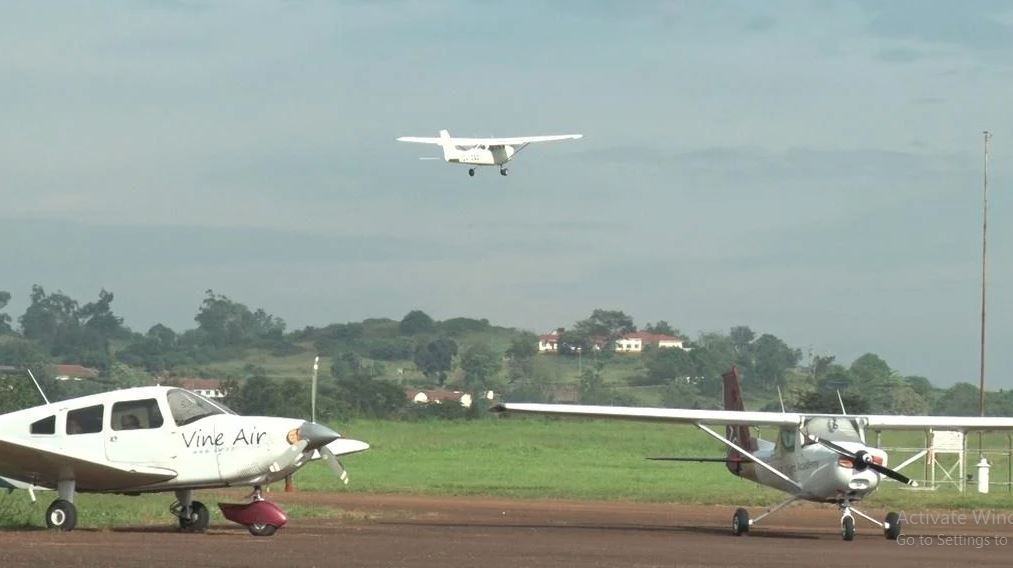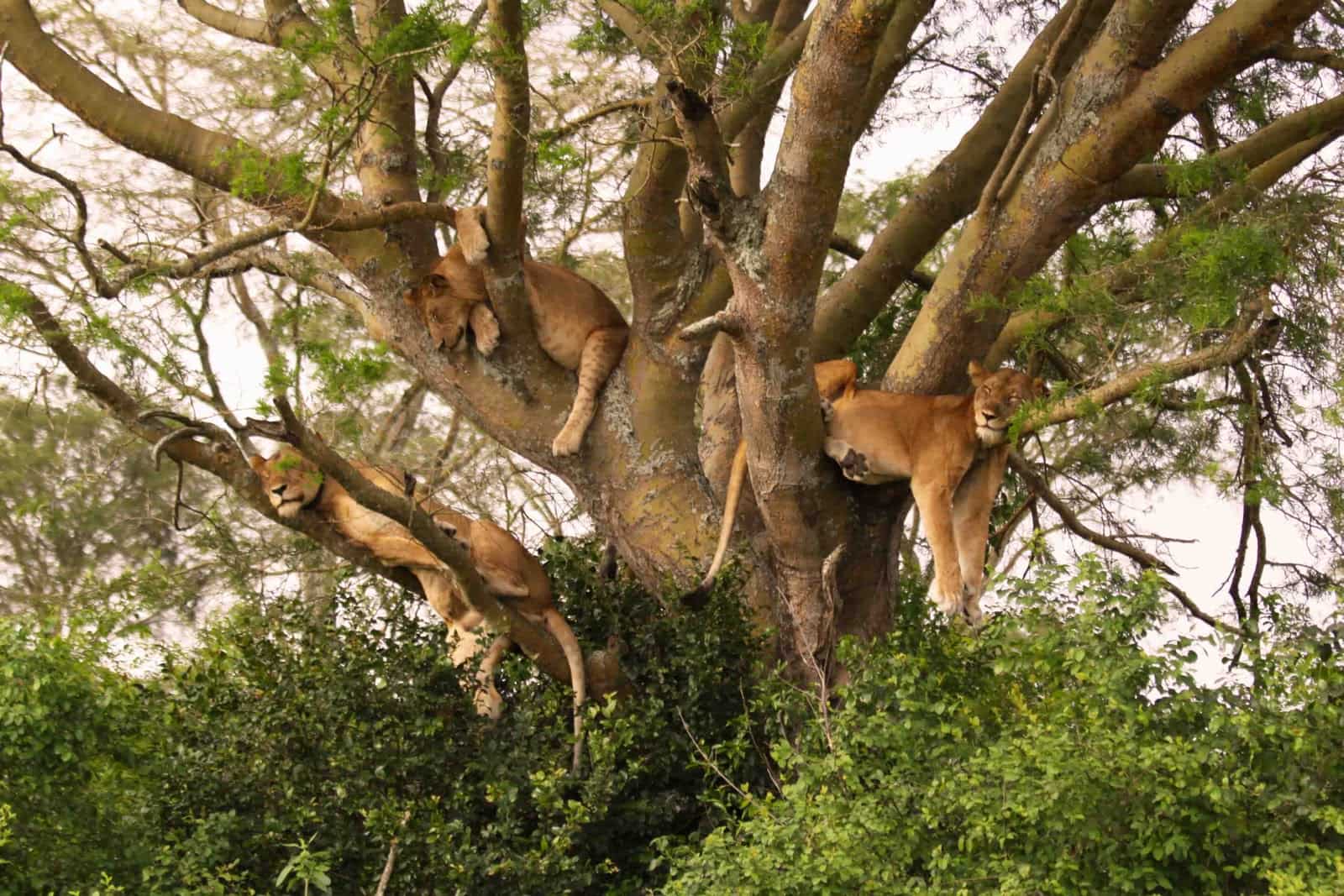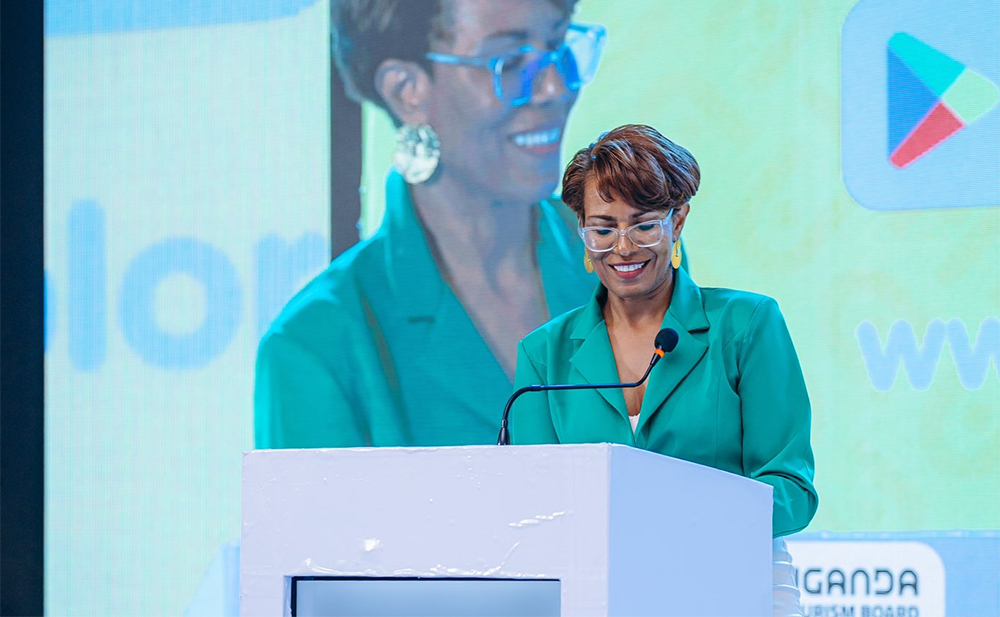According to Jinja City on X, there are plans to allocate a total of 20 billion shillings towards the renovation of the Kimaka airstrip, located in Jinja city.
Benedict Ovura, the principal airports officer in charge of regional airports at the Uganda Civil Aviation Authority (UCAA), disclosed that the funds will be used to asphalt the 1.8km runway at Kimaka.
Additionally, the earmarked funds are expected to contribute to enhancements of the taxiway and airport apron, alongside the construction of a modern main entrance featuring a dual carriage.
Kimaka airstrip stands as one of the 13 airports across Uganda, overseen by the UCAA, a government agency under the Ministry of Works responsible for licensing, monitoring, and regulating civil aviation matters.
Ovura made these announcements during the second graduation ceremony at the Vine Air Flight Academy held in Jinja City, where he was in attendance.
During the same event, concerns were raised about a persistent shortage of airline pilots in Uganda, impacting the national carrier, Uganda Airlines.
According to Capt. Aziz Ssentamu, President of the Uganda Professional Private Pilots Association, the country urgently needs to recruit 200 pilots to address this challenge within the airline industry.
Ssentamu highlighted that Uganda currently only has 50 pilots, a number significantly below what is required for a robust aviation sector. He emphasized that this shortage has led to the recruitment of foreign pilots for Uganda Airlines, a practice that has drawn criticism.
Addressing graduates and guests, Ssentamu stressed the availability of employment opportunities for pilots in Uganda, particularly within Uganda Airlines.
However, he expressed concern over Ugandan pilots failing interviews, leading to the hiring of pilots from other countries like Nigeria and Kenya.
Capt. Dodd Katendeigwa, Head of Training and CEO at Vine Air Flight Academy, attributed the pilot shortage to the high cost of aviation training, stating that one needs considerable financial support to pursue training, with costs averaging around 300 million shillings.
Katendeigwa referred to data from the International Air Transport Association (IATA), indicating a global demand for between 500,000 to 600,000 pilots over the next two decades, a demand that outpaces the current rate of pilot training.
To address this challenge, Katendeigwa suggested that Uganda could learn from other countries, where deliberate efforts are made by the state, national carriers, and airlines to identify, train, and develop local talent.
Meanwhile, Tonny Bogere, a flight instructor and Head of Quality at Vine Air Flight Academy, revealed the successful candidates who obtained commercial and private pilot licenses during the graduation ceremony. These include Rhonah Atuhaire, Geraldine Nakato, Krtya Iyengar, Timothy Nahurira, Shadrak Immo, Salhaiy Ismat, Gyezaho Clive Byamukama, Arthur Akaki, Mark Kayihura, Beraiah Baganja, Arnold Birungi, Grace Mugume, and Bahuaeb Sureya.




















